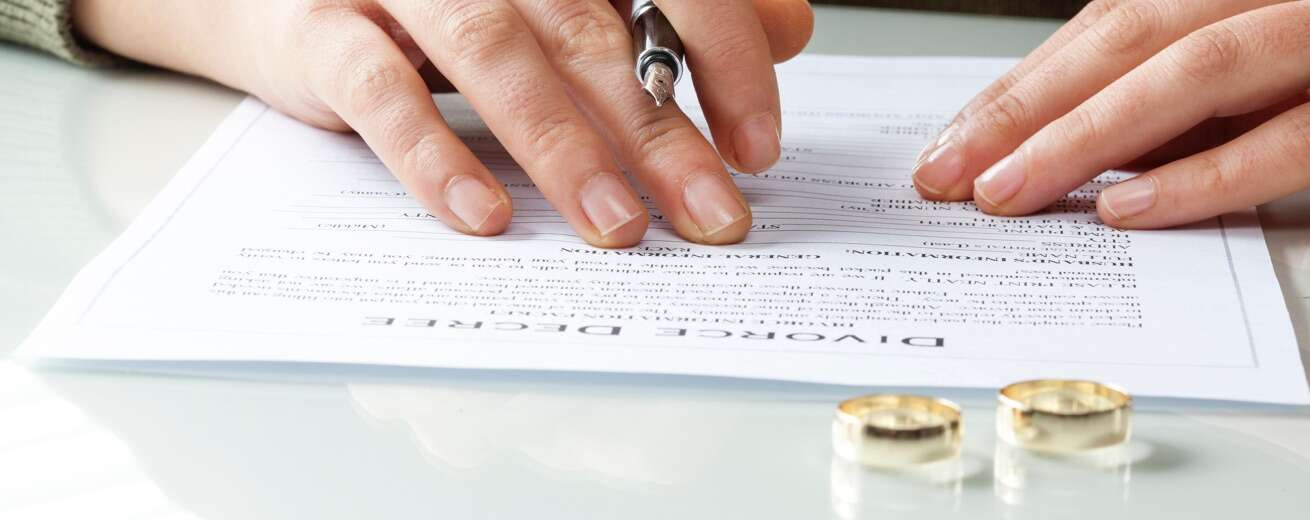
Double Dipping in a Divorce Valuation
What is double dipping in business valuation?
In the context of divorce valuations in Singapore, the concept of “double dipping” refers to the situation where an asset is counted twice during the divorce settlement process, resulting in an unfair distribution of assets between the parties. Double dipping is a contentious issue in divorce valuations, and it can have a significant impact on the outcome of a divorce settlement.
In a divorce case, “double dipping” typically occurs when a business or other asset is valued both as a standalone asset and as a source of income during the settlement process. For example, if a spouse owns a business, and the business is valued as a standalone asset during the divorce settlement process, the spouse may then also receive a share of the business’s profits as part of the settlement. This can result in an unfair distribution of assets, as the business is effectively being counted twice.
When does Double Dipping Happen in a Divorce Valuation?
Double dipping can also occur in cases where a spouse receives a share of the profits of a business as part of the settlement and then uses those profits to purchase additional assets. In such cases, the additional assets can be considered a double dip if they are also counted as part of the settlement.
In Singapore, the courts take a dim view of double dipping and strive to prevent it from occurring during divorce settlements. However, it can be difficult to avoid double dipping in some cases, particularly when dealing with complex assets such as businesses or investment portfolios.
How to Avoid Double Dipping in Divorce Valuation?
To avoid double dipping, it is essential to engage a reputable and experienced business valuer in Singapore. The valuer should be familiar with the legal and regulatory framework for divorce settlements in Singapore and should have experience in valuing complex assets such as businesses or investment portfolios. The valuer should also take care to ensure that the asset is not being counted twice, both as a standalone asset and as a source of income.
Case Study:
John and Mary have been married for 10 years and have decided to get a divorce. During their marriage, John started a successful business, which has significant value. As part of the divorce settlement, the court ordered a valuation of the business, which was conducted by a reputable business valuer in Singapore. The valuer determined that the business’s fair market value was $5 million.
As part of the settlement, Mary was awarded a 50% share of the business’s value, which equates to $2.5 million. In addition to this, Mary also received a monthly maintenance payment from John, which was calculated based on his income, which includes his share of the business profits.
After the divorce settlement was finalized, John realized that Mary was effectively “double dipping” by receiving a share of the business’s value and also receiving a maintenance payment that was calculated based on the business’s profits. This meant that Mary was effectively receiving a share of the business’s profits twice, resulting in an unfair distribution of assets.
John decided to take the matter to court, arguing that Mary was double dipping and that the settlement was unfair. The court ordered a review of the settlement, and it was determined that Mary had indeed been double dipping. The court ordered that the maintenance payment be recalculated, taking into account the fact that Mary had already received a share of the business’s value.
As a result of the recalculation, Mary’s maintenance payment was significantly reduced, resulting in a fairer distribution of assets between the parties.
In this hypothetical case study, Mary was found to be double dipping by receiving a share of the business’s value and also receiving a maintenance payment that was calculated based on the business’s profits. This resulted in an unfair distribution of assets, which was rectified by the court ordering a recalculation of the maintenance payment. This case highlights the importance of avoiding double dipping in divorce settlements and ensuring a fair and equitable distribution of assets between the parties.
Conclusion
In conclusion, double dipping is a contentious issue in divorce valuations in Singapore, and it can have a significant impact on the outcome of a divorce settlement. To avoid double dipping, it is essential to engage a reputable and experienced business valuer who is familiar with Singapore’s legal and regulatory framework for divorce settlements. By doing so, both parties can ensure a fair and equitable distribution of assets during the divorce settlement process.
If you require a specialist for a complex divorce case, contact us for a non-obligatory initial consultation. Read here to find out how to conduct a valuation of a business entangled in a divorce case.
